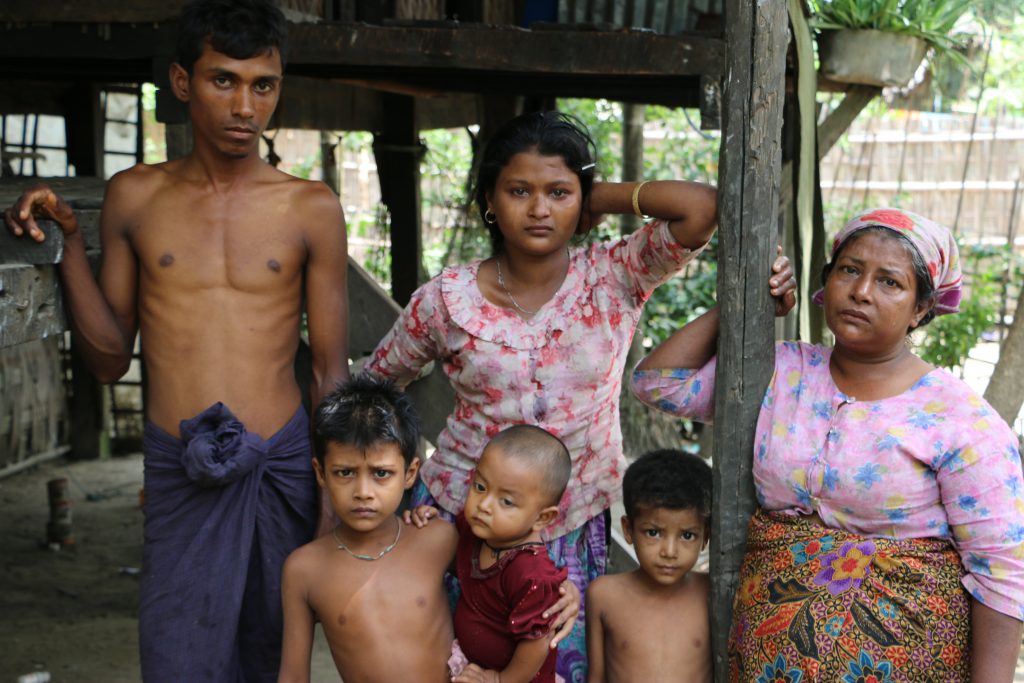On Monday, 1 February 2021, the world watched on with shock as Tatmadaw, the official military of Myanmar, staged a massive coup, effectively seized control of the government, and declared a year-long state of emergency. The coup came hot on the heels of an election in which the National League for Democracy, headed by Chancellor Aung San Suu Kyi, was re-elected; and it came just before the newly chosen Parlamentary members were to start their terms. The Burmese military, whose relationship with the leading political party has been rocky at best within the past few years, supported claims that election fraud had caused misleading results (despite no evidential findings) and set out to place Chancellor Suu Kyi on house arrest while military Commander-in-Chief Min Aung Hlaing declared himself to be in charge.
The primary implications of a military seizure of power are obvious: government officials in the United States, the United Kingdom, and Australia, and even United Nations Secretary General António Guterres have all raised that such a coup threatens the nation’s progress towards successful democracy. Other nations have been less inclined to condemn the ambush and recognize it for what it is: a coup. Southeast Asian countries Cambodia, Thailand, the Philipines, and notably China have all chalked the situation up to government “reshuffling” and have reduced it to a simple “internal matter.”
However, human rights and religious freedom advocates around the world have acknowledge another scary implication: whatever will happen to the nation’s Rohingya? This ethno-religious minority community was the target of the newly-elected military just a few years ago, when the Tatmadaw launched a sinister genocidal campaign against the nation’s entire Rohingya community following a sequence of attacks coordinated by a radical Rohingya insurgent group against Burmese military and police. Starting in August 2017, Tatmadaw troops exhibited what UN High Commissioner for Human Rights Zeid Ra’ad Al Hussein would later refer to as a “pattern of gross violations of human rights” “possibly amounting to crimes against humanity” and “a textbook example of ethnic cleansing”.
Rohingya men, women, elderly, and young children were shot at indiscriminately, slaughtered and massacred, raped and sexually assaulted, left to burn to death, with entire families wiped out. As a result of the massive genocidal campaign, it is estimated that upwards of 700,000 Rohingya refugees fled into neighboring Bangladesh in search of safety. By January 2020, the International Court of Justice (ICJ) formally designated the horrifying situation as a genocide.
As the same military that has committed genocide, ethnic cleansing and, crimes against humanity against Rohingya has now become the leading political actor in Myanmar, the vulnerabilities and panic have only heightened:
“I’m just echoing the voices of the Rohingya that I know and I’ve spoken to, who fear they are going to be number one, front and center, of the Burma military showing its power.” – Mabrur Ahmed, Founder and Director, Restless Beings
“The man who oversaw genocidal acts against Rohingya, and war crimes and crimes against humanity against other ethnic minorities, is now the sole leader of the country: Min Aung Hlaing.” – Shayna Bauchner, Researcher, Human Rights Watch
The United States Commission on International Religious Freedom (USCIRF) similarly highlighted their concerns on February 3rd:
“Given the history of brutal atrocities by the Burmese military, our fear is that violence could quickly escalate towards religious and ethnic communities, such as the Rohingya and other Muslims. We urge the Burmese military to honor the faith and will of the Burmese people and restore democratic civilian rule as soon as possible.” – USCIRF Commissioner Anurima Bhargava
“The Burmese military has still not been held accountable for the atrocities committed against Rohingya Muslim refugees. We urge the Biden Administration to hold the Burmese military accountable for its genocidal actions against Rohingya refugees, especially considering the events that transpired over the past couple of days. We fear for the safety of the remaining Rohingya Muslims and Christians in Burma that are indiscriminately targeted by the Tatmadaw.“ – USCIRF Commissioner Nadine Maenza
[note: USCIRF in its 2020 Annual Report recommended that the State Department designate Myanmar as a Country of Particular Concern with regards to violations of religious freedom. The State Department designated Burma as a CPC in early December 2020.]
Those of the Rohingya community remaining in Myanmar are not the only ones concerned. The displaced Rohingya escapees in Bangladesh – most of whom are stranded at cramped refugee camps in Cox’s Bazar – fear that the military coup will not only force them to remain displaced in the foreign country for a prolonged period of time, but also that more and more Rohingya refugees will arrive in response to the instability in Myanmar. Khin Maung, head of the Rohingya Youth Association located in Cox’s Bazar, related the overwhelming sense of panic: “the military killed us, raped our sisters and mothers, torched our villages. How is it possible for us to stay safe under their control?”
Justice for All’s Burma Task Force made the following demands on the United States government:
“The USA should formally determine that the Burmese military has committed genocide against Rohingyas. Here is the report of the State Department which provides evidence of it. And here is a resolution of the US House of Representatives calling it a genocide.”
“Place strong sanctions on Burma minus food and medicine until (a) the military stops the genocide; (b) it restores democracy; (c) it changes the constitutional provisions which allow the military impunity to commit crimes.”
Cover photo by United to End Genocide on Flickr (CC BY-NC-ND 2.0)

